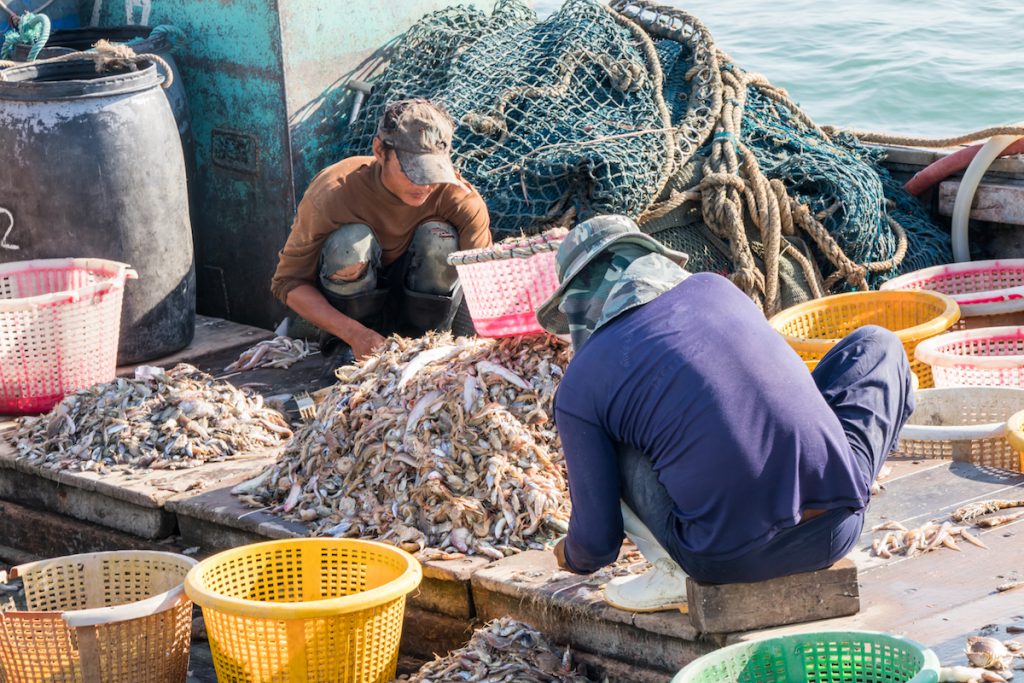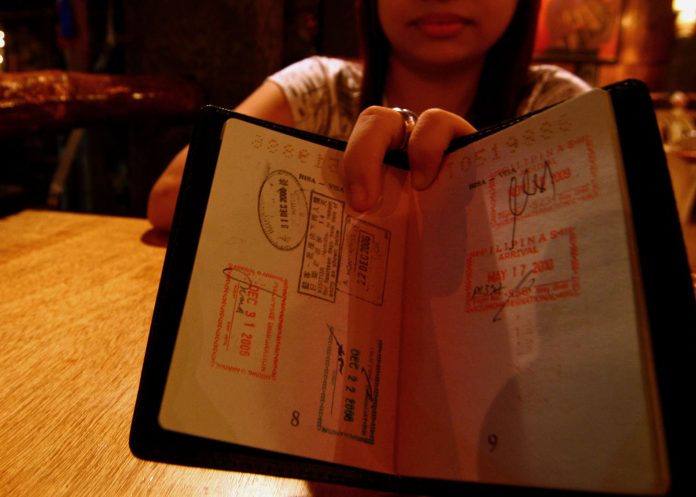Philippine Church groups marked the International Day of Prayer and Awareness against Human Trafficking on February 8 with a call to end “neoliberal” economic policies.
Church leaders blamed “neoliberalism,” which they described as the “dominant economic model of our time,” for the growing number of cases of human trafficking in the country.
They said the economic model, which “perceives the poor as commodities and slaves,” promotes the assumption that creating wealth for big businesses “will trickle down to those in greatest need.”
Father Resty Ogsimer, executive secretary of the Commission on Migrants of the Catholic bishops’ conference, said under neoliberalism more people are trafficked and in slavery.
Neoliberalism is used to refer to market-oriented reform policies such as “eliminating price controls, deregulating capital markets, and lowering trade barriers.”
The International Labor Organization estimated that about 40.3 million people are in modern slavery, including 24.9 million individuals in forced labor.
According to the 2020 Global Report on Trafficking in Persons, 38 percent of the detected victims of human trafficking were for forced labor while 50 percent were for sexual exploitation.
“Victims of trafficking for forced labour are exploited across a range of economic sectors,” said the report.
Father Ogsimer said under the economic system, “the rich see immense gains in their wealth while those who are poor continue to struggle against ever greater odds.”
He urged the faithful to respond to the challenge of Pope Francis’ encyclical on the environment “to live simply and avoid acquiring things that were produced by exploiting and trafficking people.”

Marie Sol Villalon of the National Council of Churches in the Philippines said many people from poor countries who seek jobs in foreign lands “are seen as commodities and tools for development.”
She said governments export their own people and look at them as commodities to be traded in the global market to gain foreign remittances.
Bishop Noel Pantoja, chairman of the Philippine Interfaith Movement Against Human Trafficking, said Christians are “called to care, protect, and pray for the freedom of victims and for the healing of survivors of human trafficking.”
He urged Church institutions and civil society groups “to respond and act” to the needs of the people who fall victim to “one of the greatest crimes against humanity.”
The International Day of Prayer and Awareness against Human Trafficking was designated by the Pontifical Council for Justice and Peace, and the International Union of Superiors General.
It coincided with the feast of St. Josephine Bakhita, who bore 144 physical scars throughout her life, which were received after she was kidnapped at the age of nine and sold into slavery.









